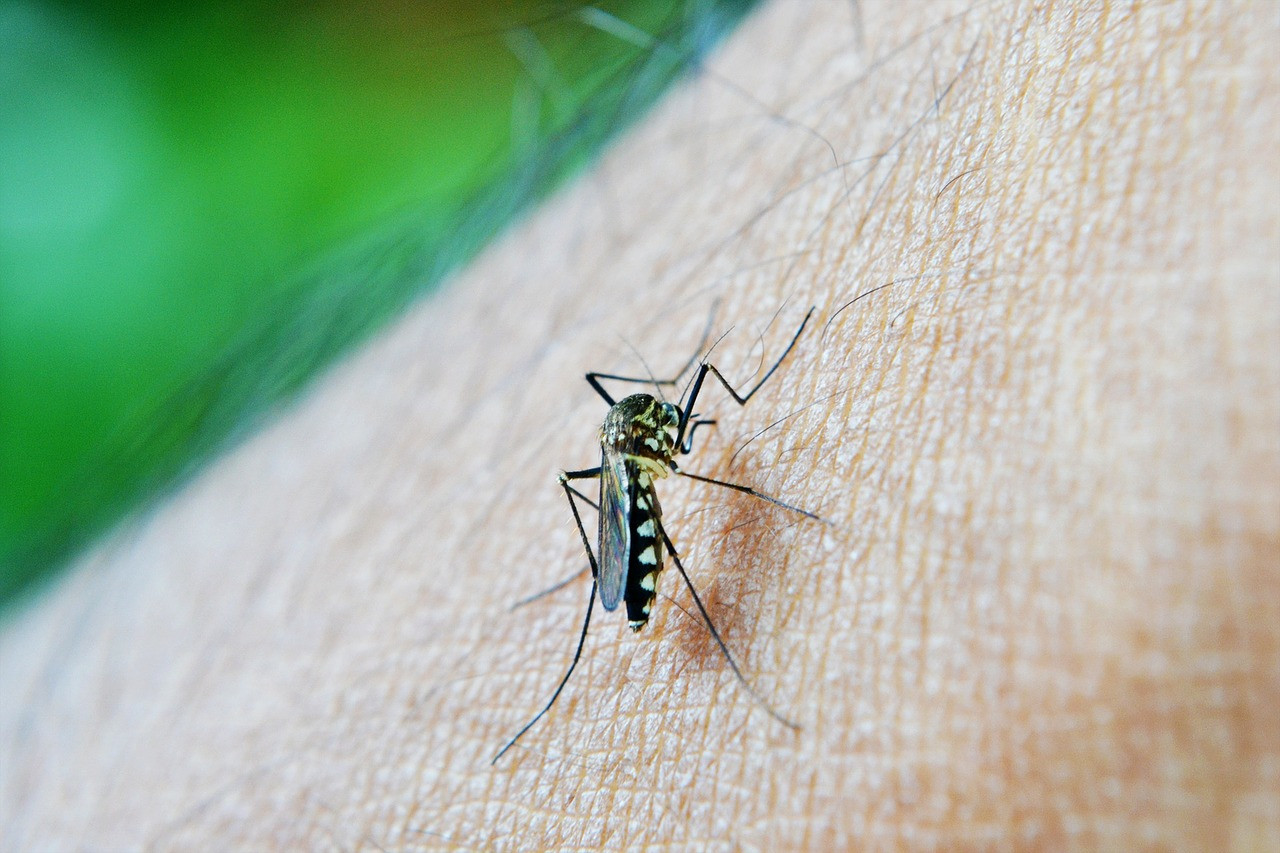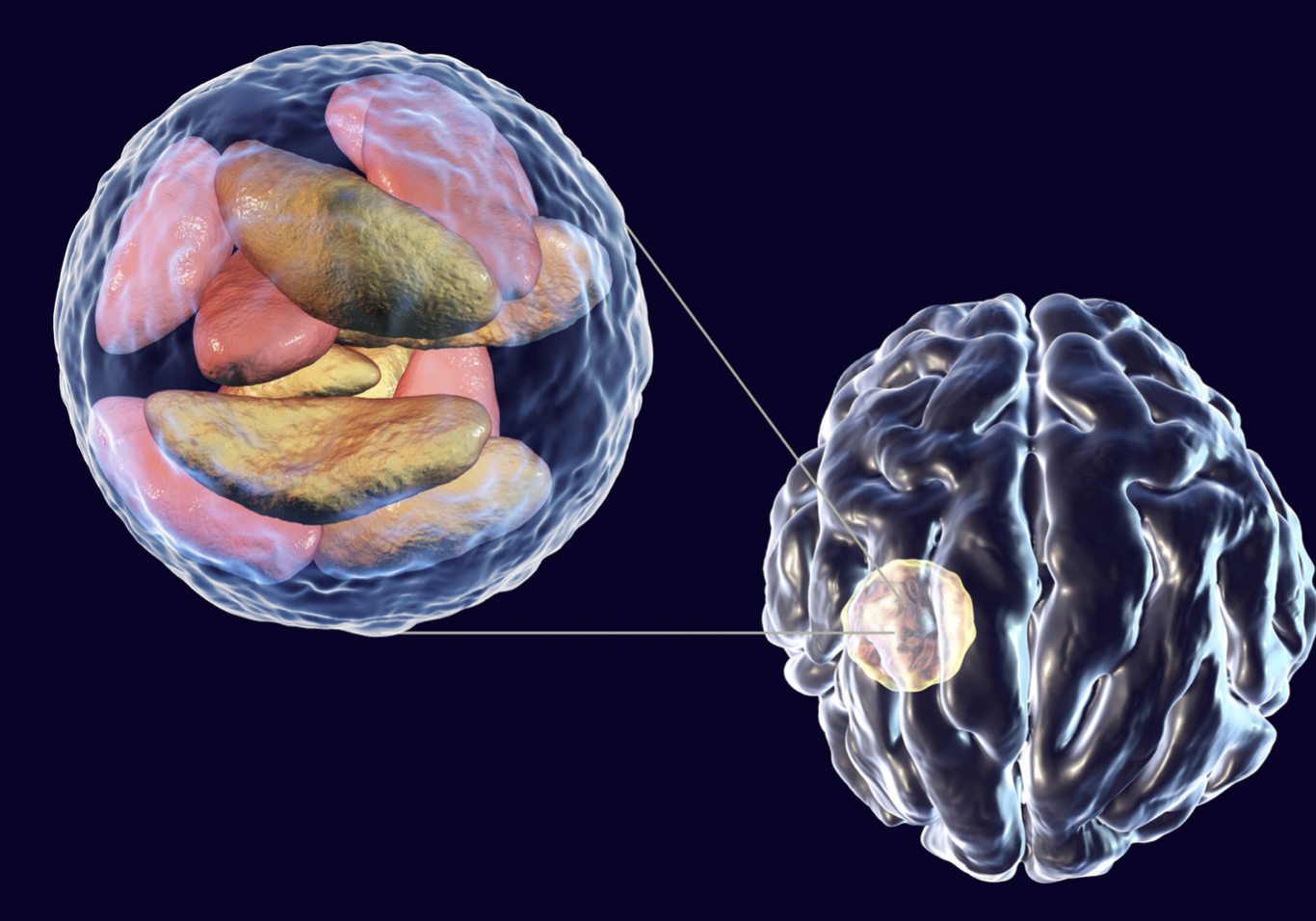Definisi
Malaria adalah suatu penyakit infeksi yang disebabkan oleh gigitan nyamuk Anopheles. Di Indonesia, sebagai salah satu negara yang sedang berkembang, malaria merupakan salah satu masalah kesehatan masyarakat. Setiap tahun dilaporkan lebih dari 30 juta penderita dan lebih dari 100.000 orang mengalami kematian karena malaria. Banyak faktor di Indonesia yang memperburuk keadaan antara lain luasnya daerah, banyaknya vektor malaria, perpindahan penduduk serta pembangunan irigasi yang secara tidak sengaja menjadi tempat perindukan bagi vektor malaria. Malaria serebral sendiri merupakan komplikasi dari infeksi malaria yang angka kejadiannya mencapai 2%, terutama pada penderita dengan kekebalan tubuh rendah, wanita hamil dan anak-anak pada daerah endemik. Malaria serebral sendiri merupakan penyakit dengan angka kematian yang tinggi.
Penyebab
Penyebab dari malaria serebral adalah infeksi Plasmodium yang merusak sawar darah otak dan menimbulkan sindrom neurologis. Infeksi yang menyebabkan malaria serebral paling berat adalah infeksi Plasmodium falciparum. Malaria serebral umumnya terjadi dalam waktu 2 minggu setelah digigit nyamuk atau setelah 2- 7 hari demam. Parasit malaria ini tidak masuk ke jaringan otak secara langsung melainkan parasit malaria merusak sawar darah otak (blood brain barrier), sehingga terjadi kerusakan (rupture) dan perdarahan. Penyakit malaria ini dapat ditularkan apabila kita yang sedang terinfeksi malaria, tergigit oleh nyamuk yang tidak terinfeksi, kemudian nyamuk tersebut menggigit orang sehat, orang tersebut dapat tertular malaria.
Faktor Risiko
Faktor risiko terjadinya malaria adalah orang orang yang bertempat tinggal di daerah endemik, dimana penyakit malaria sangat umum dan sering terjadi di daerah tersebut. Daerah endemik malaria di Indonesia salah satunya ada di Papua, NTT, Maluku, Maluku Utara, Kalimantan selatan, dan Sulawesi Utara. Di luar negeri daerah endemik malaria meliputi Afrika, Asia Tenggara, Amerika Pusat dan Amerika Selatan. Pada beberapa orang risiko malaria dapat semakin tinggi dan lebih parah, yaitu pada anak-anak dan bayi, orang lanjut usia, dan wanita hamil.
Gejala
Gejala utama malaria serebral adalah penurunan kesadaran dan syok yang dapat disertai dengan kejang. Gejala lainnya meliputi :
- Demam
- Menggigil
- Merasa tidak nyaman di seluruh tubuh
- Sakit kepala
- Mual hingga muntah
- Diare atau nyeri perut
- Nyeri otot dan sendi
- Mudah kelelahan
- Pernapasan cepat dan nadi cepat
- Batuk.
Beberapa orang dapat mengalami serangan malaria atau biasa disebut “malaria attacks” dimana akan merasa kedinginan hingga menggigil kemudian diikuti demam tinggi, berkeringat lalu suhu badan kembali normal. Gejala malaria ini biasa muncul setelah beberapa minggu digigit oleh nyamuk yang terinfeksi malaria.
Diagnosis
Diagnosis malaria serebral dapat ditegakkan dengan wawancara mendalam (anamnesis) kepada pasien atau keluarga pasien mengenai gejala, riwayat berpergian terutama ke daerah endemik, riwayat terkena malaria di lingkungan sekitar rumah. Sebelum mengalami malaria serebral, pasien biasanya mengalami gejala malaria terlebih dahulu, seperti demam paroksismal setiap 48-72 jam, gejala menyerupai flu, sakit kepala, muntah, nyeri otot dan sendi. Kemudian dokter akan melakukan pemeriksaan fisik untuk menilai apakah terdapat komplikasi seperti anemia, pembesaran hati, ginjal dan limpa. Kemudian diperlukan adanya pemeriksaan apusan darah tebal atau tipis dimana akan tampak parasit didarah akibat Plasmodium. Pemeriksaan apusan darah tepi perlu dibuat 3 kali dengan hasil negatif untuk menyingkirkan diagnosis malaria. Selain itu pemeriksaan CT-scan kepala juga dapat dilakukan bila ada kecurigaan edema serebral (pembengkakan otak) atau perdarahan otak. Pungsi lumbal dan analisis cairan otak bermanfaat untuk menyingkirkan diagnosis lain seperti infeksi otak.
Tata laksana
Saat parasit malaria menginfeksi tubuh kita, parasit tersebut memiliki beberapa stadium pertumbuhan. Pengobatan yang diberikan pada penderita malaria ini berfungsi untuk membunuh semua stadium pertumbuhan dari parasit malaria tersebut. Prinsip pengobatan malaria yaitu pasien tergolong malaria biasa (tanpa komplikasi) diobati dengan terapi berbasis artemisin. Pada pasien malaria berat atau dengan komplikasi dapat diobati menggunakan obat suntik yaitu artesunate intravena/ intramuscular atau artemeter intramuscular. Bila keduanya tidak tersedia bisa diberikan Kina. Pemberian pengobatan dengan artemisin harus berdasarkan hasil pemeriksaan darah. Penatalaksanaan kasus malaria berat secara umum mencakup pemberian obat antimalaria, penanganan komplikasi, dan pengobatan simptomatik (gejala).
Penatalaksanaan malaria serebral mirip dengan penatalaksanaan malaria berat lainnya. Kebanyakan malaria berat melibatkan beberapa organ. Dengan demikian pada kasus malaria serebral, perlu di waspadai adanya organ lain yang terganggu. Fokus pada penderita malaria serebral adalah pasien malaria serebral yang mengalami penurunan kesadaran, inflamasi (peradangan) di otak, dan tekanan tinggi/peningkatan tekanan dalam otak.
Komplikasi
Ada beberapa komplikasi yang dapat terjadi pada penderita malaria serebral seperti kejang berulang, koma, peningkatan tekanan dalam otak dan perubahan status mental. Infeksi dari Plasmodium falciparum sendiri dapat menyebabkan berbagai komplikasi diantara lain meliputi gagal napas, kegagalan organ dalam seperti menyebabkan rusaknya hati, ginjal dan limpa. Kondisi ini dapat mengancam nyawa. Selain itu komplikasi dari malaria dapat menyebabkan anemia (kurang darah) dan gula darah tubuh yang rendah.
Pencegahan
Pencegahan malaria serebral dapat dilakukan dengan cara mengendalikan parasit penyebab penyakit malaria atau mencegah gigitan nyamuk Anopheles penyebab malaria. Terdapat beberapa cara yang dapat Anda lakukan untuk mencegah terjangkitnya malaria, antara lain :
- Tidur memakai kelambu anti nyamuk
- Menebarkan ikan pemakan jentik
- Memakai obat anti nyamuk atau mengolesi badan dengan obat anti nyamuk (lotion)
- Membersihkan selokan dan lingkungan
- Memasang kawat kasa
- Menimbun genangan air
- Menjauhkan kandang ternak dari rumah
- Tidak menggantung kain/pakaian bekas pakai
- Apabila keluar rumah pada malam hari, sebaiknya menggunakan pakaian tertutup (lengan panjang)
Kapan harus ke dokter?
Disarankan untuk segera ke dokter atau fasilitas kesehatan terdekat apabila ditemukan gejala berikut:
- Mengalami demam ketika berada di daerah endemik malaria atau setelah pulang dari daerah endemik malaria.
- Gejala demam memberat disertai penurunan kesadaran atau kejang.
- Memiliki faktor risiko pemberat seperti usia anak-anak atau bayi, orang lanjut usia dan ibu hamil.
Penanganan yang cepat dan tepat pada pasien penderita malaria serebral dapat memperbaiki kualitas hidup dan mencegah terjadinya komplikasi lanjutan.
- dr Nadia Opmalina
- Rénia L, Howland SW, Claser C, et al. Cerebral malaria: mysteries at the blood-brain barrier. Virulence. 2012;3(2):193-201. doi:10.4161/viru.19013
- Severe malaria. Trop Med Int Health. 2014;19 Suppl 1:7-131. https://www.who.int/malaria/publications/atoz/who-severe-malaria-tmih-supplement-2014.pdf
- Kemenkes RI. Cara Mencegah Malaria (2019). From : Flyer: Cara Mencegah Malaria (kemkes.go.id)
- Mayo Clinic. Malaria (2021). From : Malaria - Symptoms and causes - Mayo Clinic












